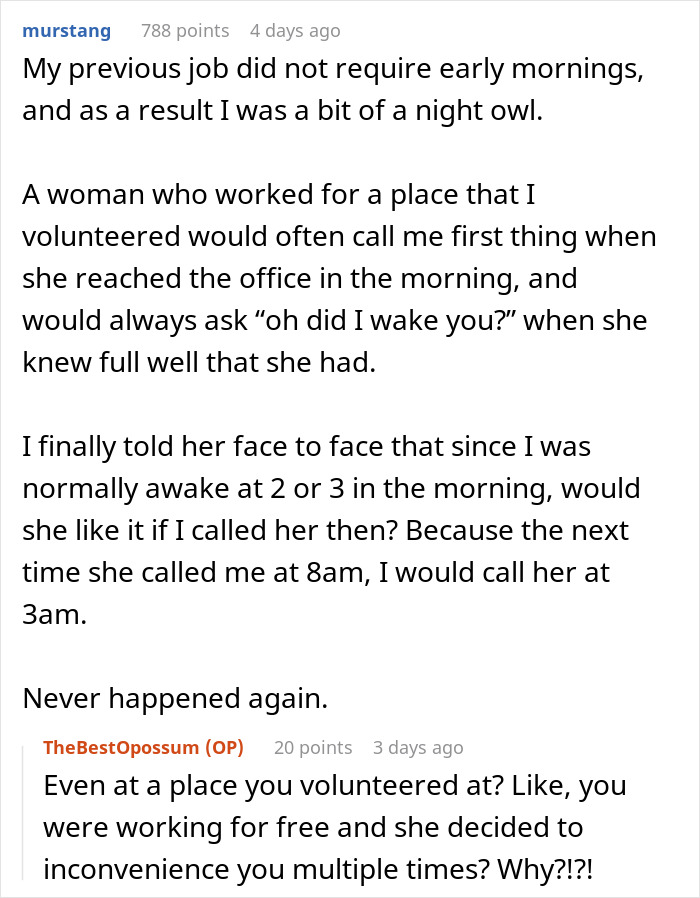Resting is the other half of working hard. Without it, you’re bound to wear yourself out sooner or later.
This Redditor knew it all too well. So when their boss kept interrupting their time off with unnecessary calls, they decided to put a stop to it—with a move that was as petty as it was clever. Read all about it below.
The boss wouldn’t stop calling the employee on their days off

Image credits: semenay erdoğan / unsplash (not the actual photo)
Until they decided to return the favor

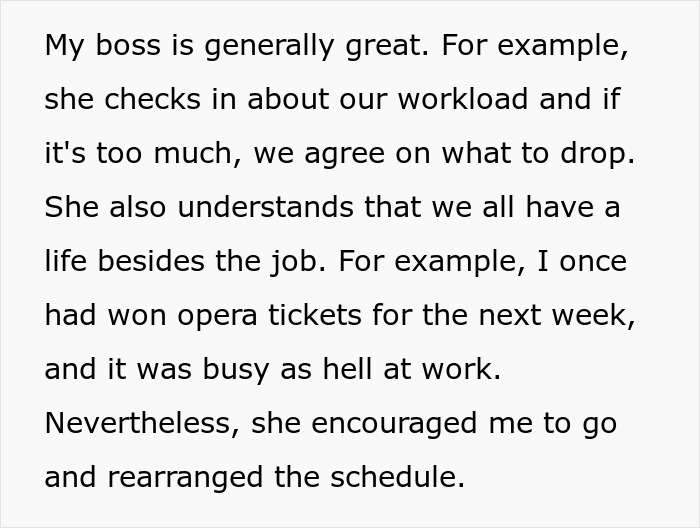
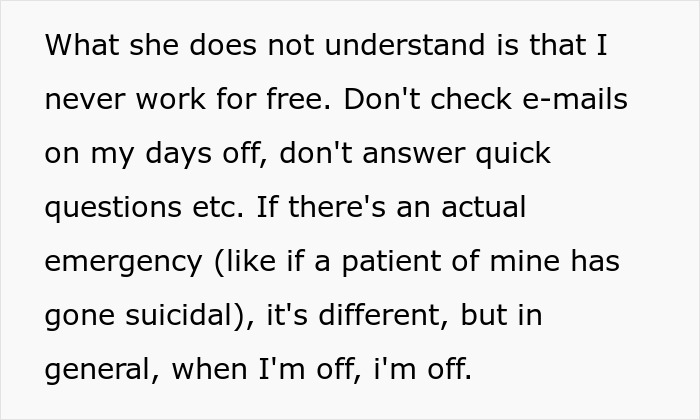


Image credits: magnetme / unsplash (not the actual photo)
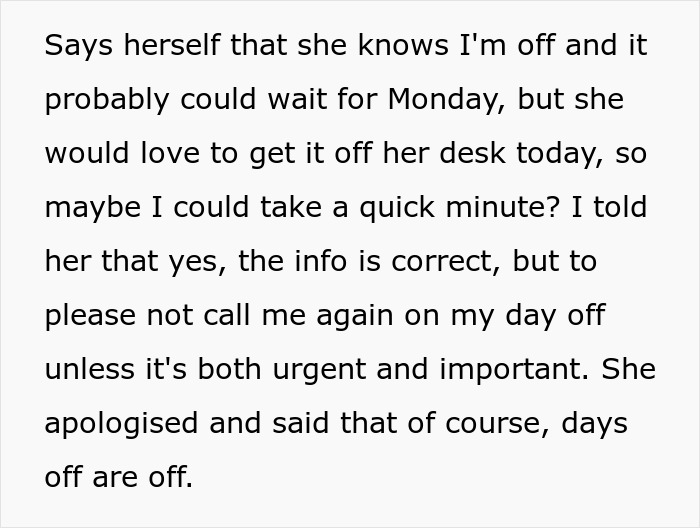




Image credits: Andrej Lišakov / unsplash (not the actual photo)



Image credits: TheBestOpossum
Less than half of workers feel they can truly switch off from work, study shows
Times have certainly changed. Not long ago, staying at the office late into the night was seen as the ultimate sign of dedication. It showed your boss you were always available and eager to impress. These days, though, a healthy work-life balance is something employees actively seek—and plenty of companies encourage.
That said, reality isn’t always so simple. For many, the idea of leaving their work at the door and not thinking about it until the next morning is still a dream.
A 2022 study conducted by Business in the Community (BITC), The Prince’s Responsible Business Network, revealed that only 45% of employees were able to switch off from work. Meanwhile, the other 55% felt pressured to answer calls or check emails after hours. The report also showed that 41% of employees worked overtime or struggled to take their annual leave due to their workload between 2020 and 2022.
“It’s clear from these findings that the mental health trends for employees who are unable to switch off from work are going in the wrong direction,” said Louise Aston, Wellbeing Director at BITC. “Employees, at the very minimum, should not be constantly working additional hours, struggling to take annual leave or feel like they have to always be available to answer emails at all hours of the day.”
“Boundaries must be set to ensure that employers are able to switch off outside of their core working hours and it’s up to senior leaders to ensure that those boundaries are in place.”

Image credits: Valeriia Miller / unsplash (not the actual photo)
“Pay me and I will work, don’t pay me and I will not”
Of course, setting boundaries can feel intimidating. Even so, Redditor u/TheBestOpossum didn’t hesitate to put theirs in place. Their approach wasn’t traditional, but it certainly worked. The unnecessary calls stopped, and two years later, they’re still with the company.
Not only that, but it had no impact on their relationship with their boss, they told Bored Panda. “She’s an intelligent and compassionate person,” they shared. “And I’m guessing the call is what made the penny drop.”
For u/TheBestOpossum, the issue boiled down to fairness and compensation. “I think it’s about how you view work,” they said. “To me, work is just work.”
“I really do enjoy my line of work, but at the end of the day, I just exchange my time and knowledge for money,” they added. “Like many millennials, I don’t feel any loyalty towards the corporation I work at and I don’t expect any loyalty back, it’s a business transaction.”
This sentiment is reflected in research conducted by WorkProud, which found that only 16% of workers aged 42 and younger would remain loyal to their employer if they found a higher-paying role elsewhere. For those under 30, the number drops to just 11%.
“So in short,” as u/TheBestOpossum put it, “pay me and I will work, don’t pay me and I will not.”

Image credits: Alicia Christin Gerald / unsplash (not the actual photo)
In the replies, the employee explained that they would stay in touch after work hours in case of emergencies


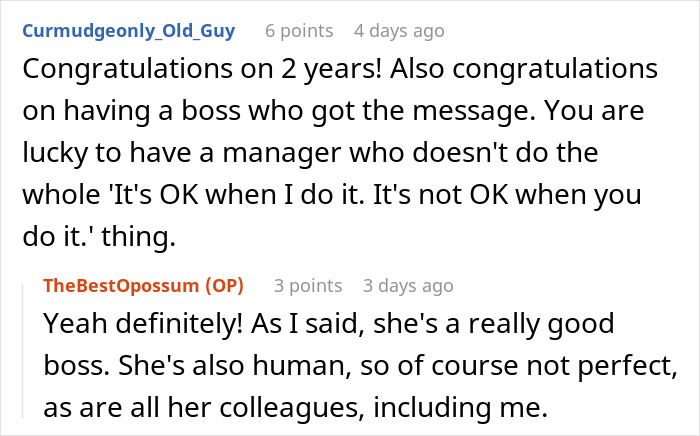
Their payback ended up earning plenty of support from readers










Some chimed in with experiences of their own
